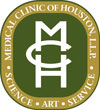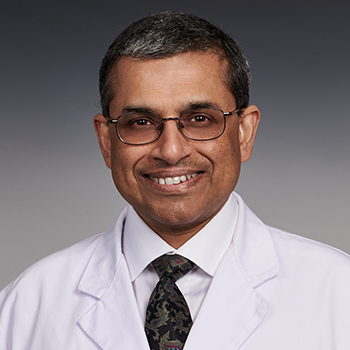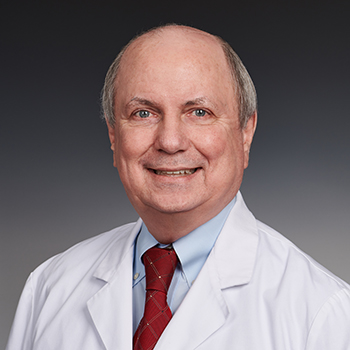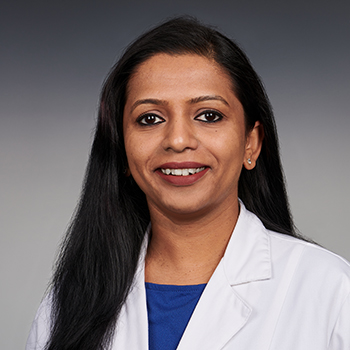Physicians trained in Cardiovascular disease (typically referred to as “cardiology”) focus on prevention, diagnosis, and management of disorders of the cardiovascular system. Cardiologists have completed a minimum of three years of subspecialty training (often called a “fellowship”) beyond their four years of medical school and three years of internal medicine training. Management of “risk factors” for cardiovascular disease prevention, and early diagnosis and intervention for established disease are important elements of cardiology.
MCH Cardiologists diagnose and treat diseases of the Cardiovascular system and symptoms believed to be related to them.
Your primary care physician may refer you to one of our cardiologists or you may call the Cardiologist’s office to see if a cardiology consultation is appropriate.



